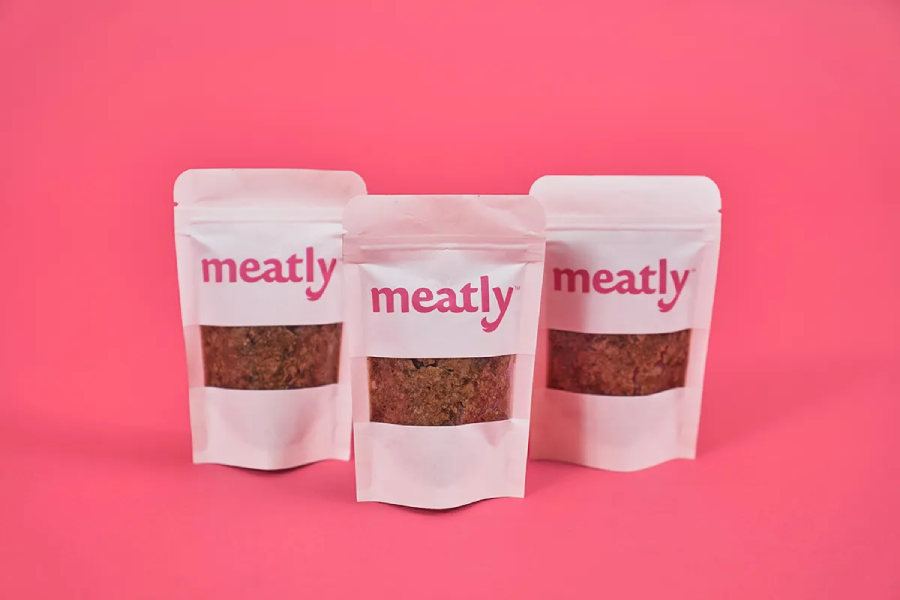Reino Unido aprova frango cultivado em laboratório para ração de animais de estimação

O Reino Unido se tornou o primeiro país europeu a autorizar o uso de carne cultivada em laboratório em alimentos para animais de estimação. Essa aprovação vem da Animal and Plant Health Agency e do Department for Environment, Food and Rural Affairs, permitindo CarneA Meatly Inc., empresa especializada em carne cultivada, produzirá ração para animais de estimação à base de frango derivada de células animais. A Meatly planeja lançar suas primeiras amostras este ano e pretende ampliar a produção para níveis industriais dentro de três anos.
A introdução de carne cultivada em laboratório no mercado de alimentos para animais de estimação destaca o interesse crescente na produção sustentável e ética de alimentos. Estudos demonstraram que o setor de alimentos para animais de estimação tem um impacto ambiental considerável, comparável ao de grandes países. Uma pesquisa da Universidade de Winchester constatou que metade dos donos de animais de estimação consideraria a possibilidade de alimentá-los com carne cultivada, o que reflete uma mudança nas atitudes dos consumidores em relação a opções mais sustentáveis.
O processo da Meatly envolve a extração de células de ovos de galinha e sua nutrição com nutrientes em um ambiente controlado. As células crescem em biorreatores, semelhantes aos tanques de fermentação usados na fabricação de cerveja, e o produto final é uma substância semelhante a um patê. A instalação de produção da empresa recebeu aprovação do governo, garantindo que o frango cultivado atenda aos padrões de segurança e nutrição, livre de contaminantes como organismos geneticamente modificados e metais pesados.
A Food Standards Agency (FSA) do Reino Unido saudou esse desenvolvimento, enfatizando a importância da segurança na introdução de novos produtos alimentícios. James Cooper, vice-diretor de política alimentar da FSA, enfatizou o compromisso da agência em monitorar de perto essas inovações. A aprovação de alimentos para animais de estimação cultivados em laboratório é vista como um marco crucial nos esforços do país para reduzir os impactos negativos da pecuária tradicional.
Globalmente, o mercado de carne cultivada continua incerto. O investimento no setor diminuiu significativamente, conforme relatado pelo Good Food Institute. No entanto, os defensores argumentam que a carne cultivada em laboratório pode proporcionar benefícios ambientais e de bem-estar animal. Em outros países, como Cingapura e Israel, os produtos de carne cultivada já foram aprovados para consumo humano, enquanto nos Estados Unidos alguns estados proibiram sua venda, alegando preocupações com a pecuária tradicional.
O governo do Reino Unido está atualmente avaliando a aprovação de carne cultivada em laboratório para consumo humano, com a FSA explorando maneiras de simplificar o processo regulatório. Apoiadores como Linus Pardoe, do Good Food Institute Europe, defendem o aumento do investimento do governo em pesquisa e infraestrutura para tornar a carne cultivada uma opção viável e acessível para os consumidores.


Respostas